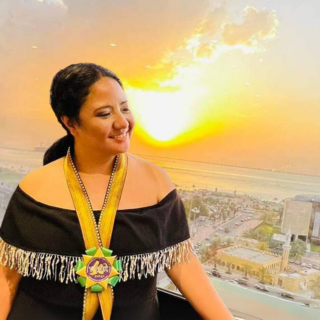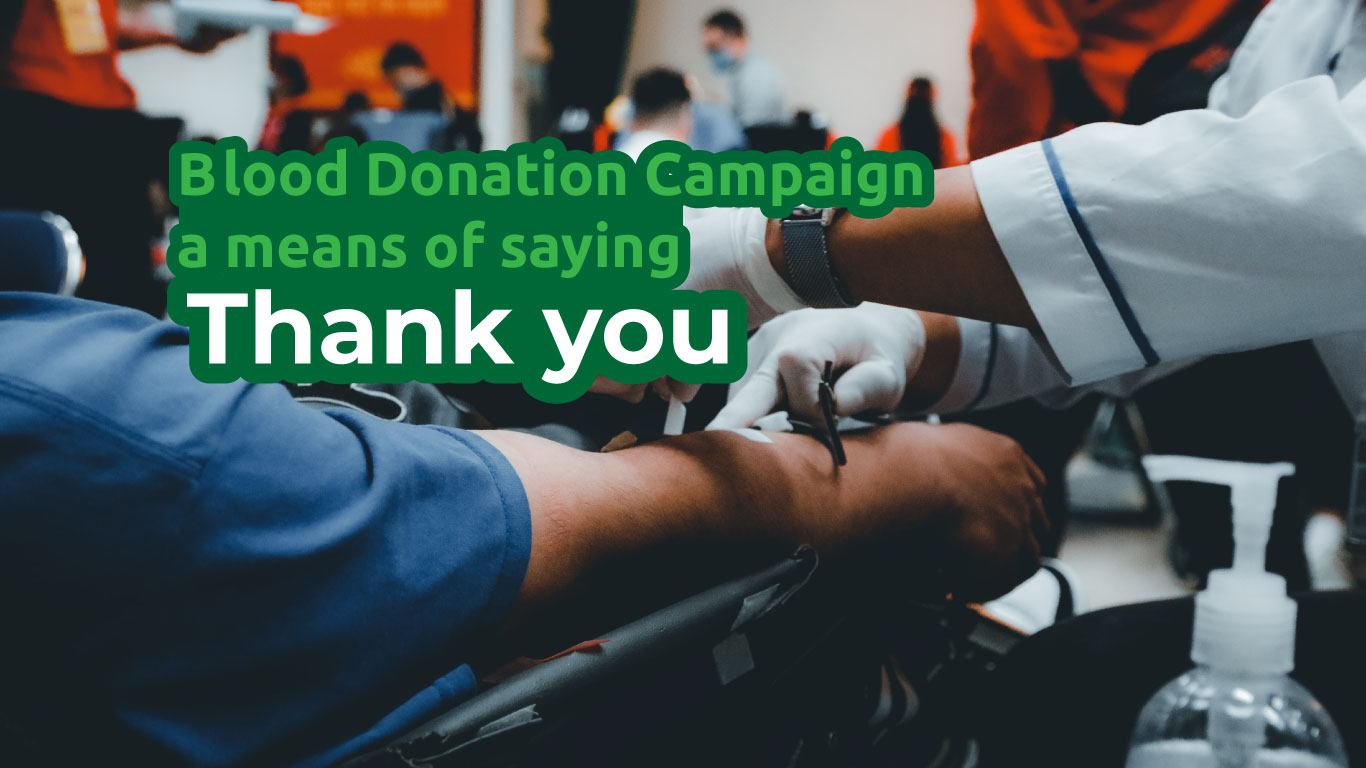Embassy News
Blood Donation Program: A Way of saying Thank You from the Filipino Community in Kuwait
Announcement to the Filipino Community in Kuwait
The Philippine Embassy with the Philippine Overseas Labor Office (POLO) is spearheading a “Blood Donation Program” in cooperation with the Kuwait Red Crescent Society and the Central Blood Bank of Kuwait of Kuwait on 24 February 2012, Friday, from 1:00 to 5:00 p.m. at the Central Blood Bank with address at Street 102, Jabriyah (near Mubarak Hospital).
This blood donation program is our way of saying thank you for the aid the Kuwait Red Crescent Society has extended to the victims of Typhoon “Sendong” that struck Southern Philippines in December 2011 displacing thousands of Filipino families. This is also the Filipino Community’s way of showing its gratitude to Kuwait being the second home of many Filipinos and at the same time joins the Government and people of Kuwait in commemorating its 51st anniversary of independence.
We encourage all Filipinos from age 17 and above, with a weight of 50 kilograms and above, who are not undergoing medication and/or have not undergone any major operation for the past one (1) year to join us in this very noble project.
Shulan O. Primavera
Ambassador
15 February 2012
(See Kuwait Central Blood Bank map below)
——————————————————————————————————
A sweet reminder:
Of the seven blood groups (Kidd,Kell,Duffy,MNS,&Lewis), ABO and RhD are the most common . Belonging to ABO blood groups are Type O-known as the UNIVERSAL RECIPIENT, which can receive all types of blood types(A, B,0 & AB) Type A- is compatible with A & AB, Type B- is compatible with B & AB, and Type AB- compatible to AB and is also known as the UNIVERSAL DONOR…Note!!ABO- incompatibility can cause an overwhelming Haemostatic activation reaction resulting in shock, renal failure, and possible death. RhD incompatibility among pregnant mothers is fatal since it can cross the placental barrier from mother to unborn child which can further cause hemolytic disease of the newborn. As a general rule, RhD-negative should never be transfused with RhD-positive red cells. If unavoidable, Anti-D immunoglobulin is administered. To avoid such, Pre – A transfusion check is done by at least two clinical staff…particularly trained & competent nurses. Below is list of the essential things to be considered.*check for signs of leakage, clumps, or abnormal colour*check patient’s name, DOB, and UR, on the BT record if it is compatible to pt”s wristband*check the pack number on the BT record and pack /tag label..*check the pt’s blood type and BT record’s incompatibility* check for the expiry date on the pack*check medical orders such as volume or rate per minute*finally, complete documentation such as signed patient’s informed consent, date, time of BTR and file of BTR should always be kept confidential for patient’s right to confidentiality Any discrepancy should be reported at once to get rid of possible fatal result and complications.
CORONAVIRUS: KUWAIT OFW QUARANTINE DAY #82 – Strengthening the Security
CORONAVIRUS: KUWAIT OFW QUARANTINE DAY #81 – The First Break from Total Lockdown

A multi-award-winning blogger and advocate for OFWs and investment literacy; recipient of the Mass Media Advocacy Award, Philippine Expat Blog Award, and Most Outstanding Balikbayan Award. Her first book, The Global Filipino Bloggers OFW Edition, was launched at the Philippine Embassy in Kuwait. A certified Registered Financial Planner of the Philippines specializing in the Stock Market. A recognized author of the National Book Development Board of the Philippines. Co-founder of Teachers Specialist Organization in Kuwait (TSOK) and Filipino Bloggers in Kuwait (FBK). An international member of writing and poetry. Published more than 10 books. Read more: About DiaryNiGracia
Acknowledgements
DISCLAIMER






Hi everybody, here every one is sharing these
familiarity, therefore it’s good to read this weblog,
and I used to pay a visit this blog all the time.
Hi
i am john, new visitor of this web site, really great post here, i already donates blood in 32 times in several blood donate camps. Thanks for your knowledge sharing.
Its really very good information and thanks for sharing this..
Its nice post.
congrats din po sa blog mo, pwede po ba tayong mag link exchange? Salamat po sa comments mo sa blog ko. =) Gilbert
I would love to donate blood but I can’t ‘coz I’m already anemic :/